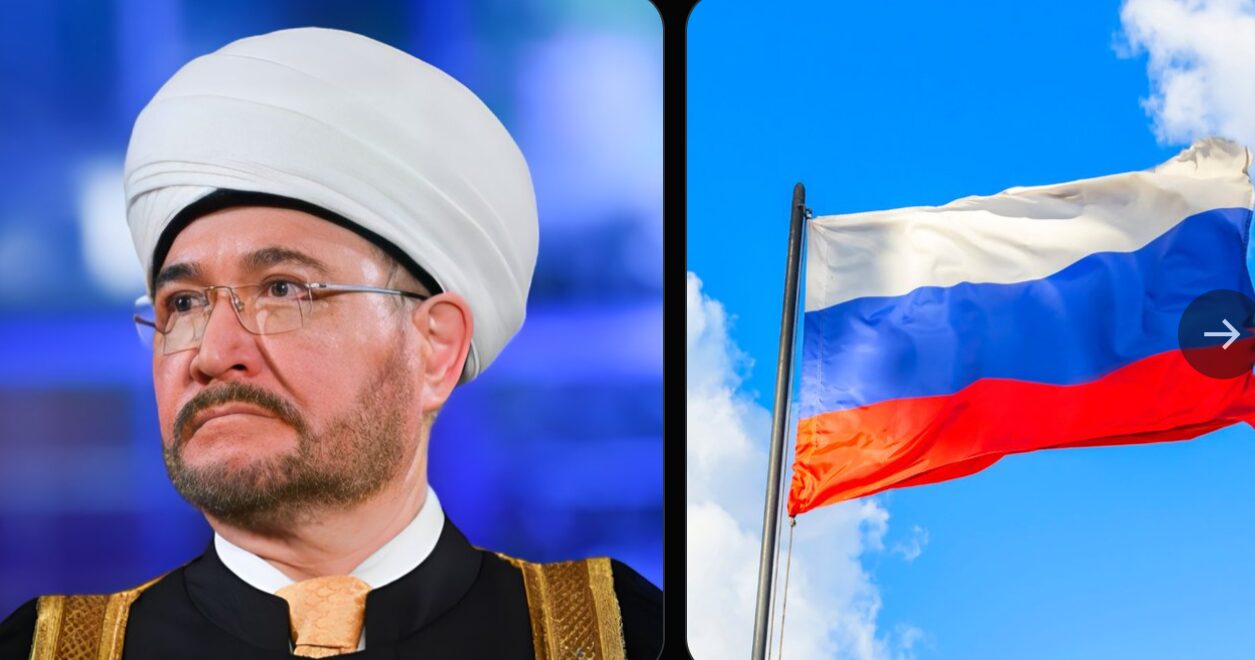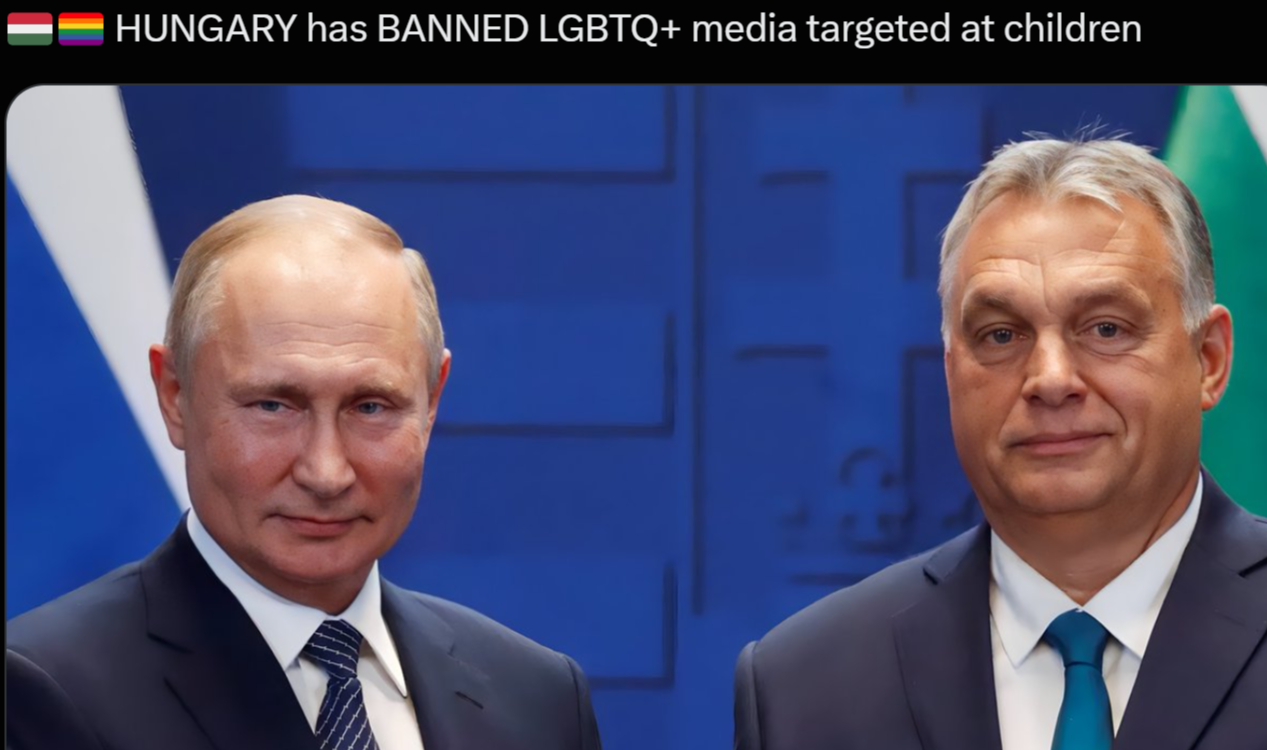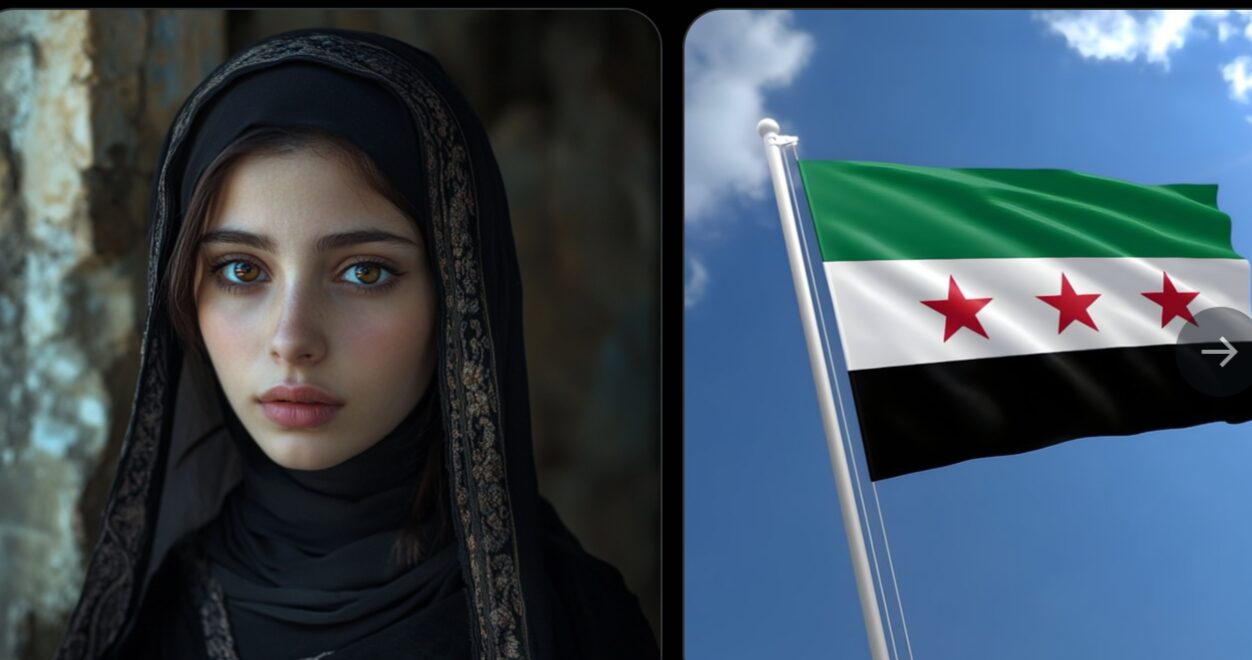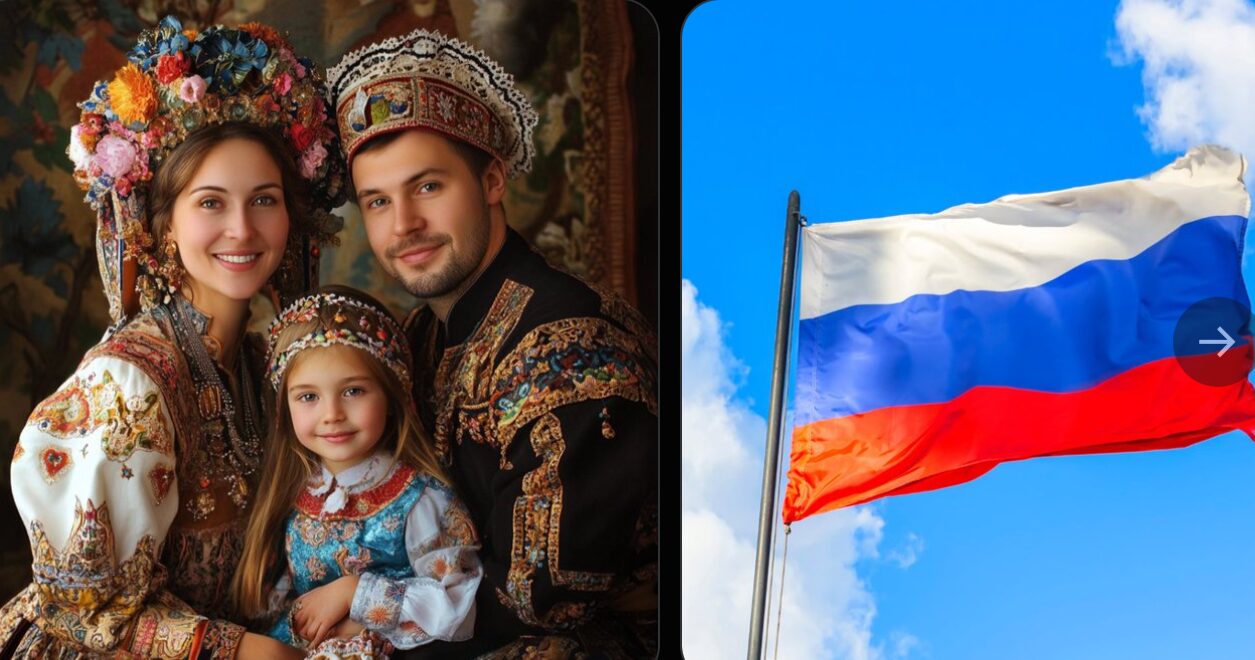RUSSIA’S top ISLAMIC body has REVERSED a polygamy fatwa, which permitted Muslim men to have multiple wives
Russia’s Top Islamic Body Reverses Polygamy Fatwa: A Shift in Religious and Social Perspectives
In a groundbreaking move that has stirred significant debate within Russia’s Muslim community, the country’s top Islamic body, the Spiritual Administration of Muslims of the Russian Federation (DUM RF), has reversed a previously issued fatwa (religious edict) that permitted Muslim men to have multiple wives. This decision marks a pivotal moment in the intersection of religious practices, gender equality, and the evolving social landscape in Russia, particularly as it pertains to the rights and roles of women in Muslim communities.
The Fatwa on Polygamy: A Historical Context
Polygamy has been a longstanding practice in some Islamic traditions, where it is permitted under specific conditions outlined in Islamic law (Sharia). According to traditional interpretations of the Quran, Muslim men are allowed to have up to four wives, provided that they treat each wife equally and justly. This concept has been interpreted and implemented in various ways across the Muslim world, often influenced by local customs, legal frameworks, and the broader socio-political environment.
In Russia, the question of polygamy has been a point of contention for several years. While the Russian Federation’s official legal stance bans polygamy, with penalties for those who engage in it, religious and cultural practices have continued to shape personal life, especially within the Muslim communities. In 2016, the DUM RF issued a fatwa that provided a religious rationale for polygamy, arguing that under certain conditions, it was permissible within the Russian Muslim community. This fatwa was seen as an endorsement of the practice, albeit not universally accepted within the Muslim community.
However, recent developments have led to a shift in this position, with the DUM RF reversing the fatwa, signaling a significant change in how Islamic law is interpreted and applied in the context of modern Russian society.
The Reversal of the Fatwa: What Led to the Change?
The reversal of the polygamy fatwa comes as part of an ongoing reevaluation of Islamic practices within Russia’s Muslim community. Several factors have likely influenced this shift:
- Evolving Social Norms: Over time, Russian society has increasingly prioritized gender equality and women’s rights. The reversal of the fatwa reflects a broader cultural movement that seeks to balance religious traditions with the changing roles of women in modern Russian society. As Russian women, particularly in Muslim-majority regions like Tatarstan and Bashkortostan, have made strides toward greater educational, economic, and social empowerment, the practice of polygamy has been increasingly seen as incompatible with the ideals of gender equality.
- Government Pressure: The Russian government has long maintained a policy of promoting a unified national identity, which includes regulating and moderating religious practices within the country. The Russian authorities may have seen the reversal of the polygamy fatwa as a necessary step to align Islamic practices with state policies that emphasize the importance of monogamous marriage. The government has been keen to avoid potential tensions between Islamic law and Russian civil law, particularly in matters of family structure.
- Concerns About Social Stability: Another driving factor could be concerns about the social and legal implications of polygamy. Critics of polygamy in Russia argue that it leads to social instability, particularly for women and children. The practice has been associated with a range of social issues, including the marginalization of women, financial strain on families, and challenges related to inheritance and property rights. By reversing the fatwa, the DUM RF may be responding to these concerns in an effort to ensure the well-being of families within the Muslim community.
- International Pressure: As Russia’s role on the global stage continues to evolve, particularly in relation to its engagement with international human rights organizations and Muslim-majority countries, the reversal of the fatwa may also be an attempt to maintain a positive image within the broader international community. Polygamy has been a contentious issue globally, and the DUM RF’s decision to reverse the fatwa may be seen as an effort to align more closely with international norms regarding women’s rights and equality.
The Impact of the Reversal: What It Means for Russian Muslims
The DUM RF’s decision to reverse its stance on polygamy is likely to have wide-reaching implications, both within Russia’s Muslim community and beyond. The decision represents a shift in the way Islamic teachings are applied to the realities of life in modern Russia. It is important to note that this reversal does not outright ban polygamy but rather withdraws the religious justification for the practice, making it less likely that religious authorities will support or encourage it moving forward.
- Legal and Social Consequences: In Russia, polygamy has been officially prohibited by the state for many years. While it is still practiced in some regions, particularly in parts of the North Caucasus, the legal system has made it clear that those who engage in polygamy could face legal consequences. The reversal of the fatwa may make it more difficult for individuals to justify polygamous relationships based on religious grounds, potentially leading to fewer cases of polygamy being openly practiced.
- Women’s Rights and Empowerment: One of the most significant aspects of this reversal is its potential impact on women’s rights within Russia’s Muslim communities. Polygamy has long been seen as an institution that places women in subordinate positions, often leading to unequal treatment and limited social mobility. By reversing the fatwa, the DUM RF is signaling a shift toward prioritizing the dignity and rights of women, in line with modern gender equality norms.
This shift could also pave the way for further discussions on the role of women in religious and social life, challenging traditional interpretations of gender roles within Islamic teachings. The reversal could encourage greater participation of women in religious leadership, education, and community affairs, helping to reshape gender dynamics within Russia’s Muslim population.
- Religious Interpretations and Reform: The reversal of the fatwa is also a sign of broader trends in Islamic thought, particularly in terms of adapting religious teachings to contemporary contexts. Across the Muslim world, there has been a growing movement toward reformist interpretations of Islam, with many scholars and religious leaders reexamining traditional practices in light of modern realities. The DUM RF’s decision could be seen as part of this larger global trend, where Islamic law is being reevaluated and reinterpreted to align with evolving social norms.
- Potential Backlash: Despite the positive reception that the reversal of the fatwa may receive from women’s rights activists and progressive members of the Muslim community, there could also be backlash from conservative factions. Some members of the Muslim community may view this change as a departure from traditional values, and they may continue to advocate for polygamy as a legitimate practice within Islamic law. This division within the Muslim community could lead to tension between more progressive religious authorities and those who hold conservative views.
Looking Forward: A New Era of Islamic Practice in Russia?
The decision by Russia’s top Islamic body to reverse the polygamy fatwa signals a potential turning point in the relationship between religious tradition and modern social norms within the Muslim community in Russia. It highlights the ongoing evolution of Islamic practices as they adapt to the realities of contemporary life in Russia, where gender equality, legal frameworks, and societal expectations are undergoing significant transformation.
As Russia’s Muslim community continues to navigate these complex issues, the reversal of the fatwa could spark broader debates about the role of religion in shaping personal and social life. The future of polygamy in Russia will likely be influenced by ongoing discussions about religious interpretation, gender rights, and state regulation of religious practices.
In any case, the DUM RF’s decision represents a significant shift in the landscape of Islamic law in Russia, one that will undoubtedly influence not only how Muslims in Russia view polygamy but also how Islamic teachings can evolve to reflect the needs and aspirations of modern society.

















Post Comment